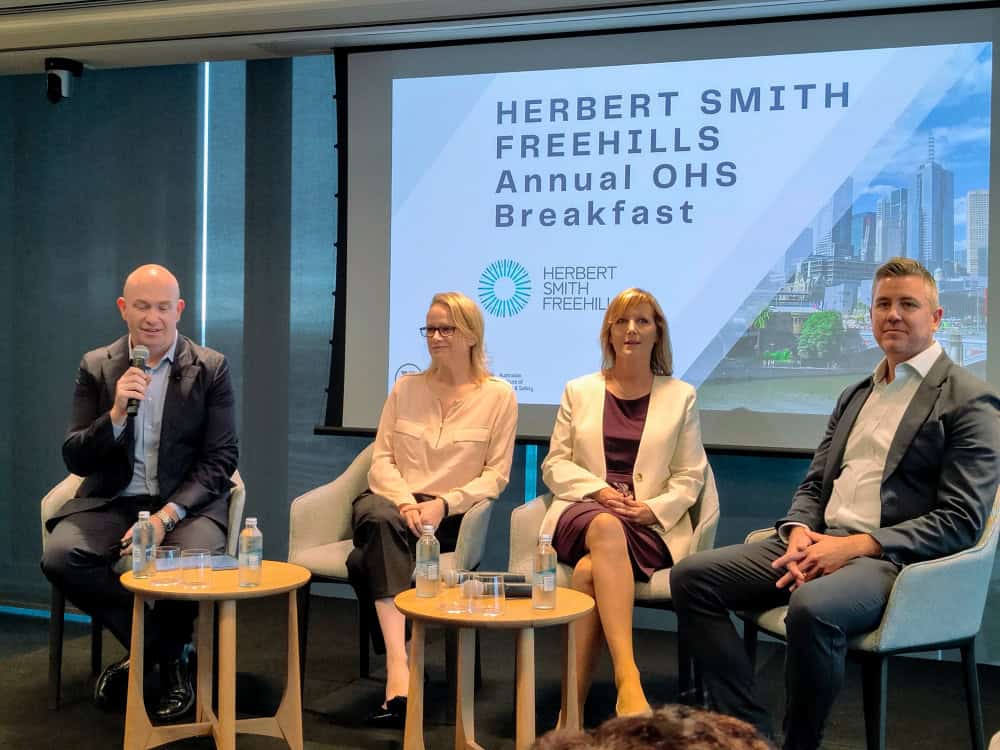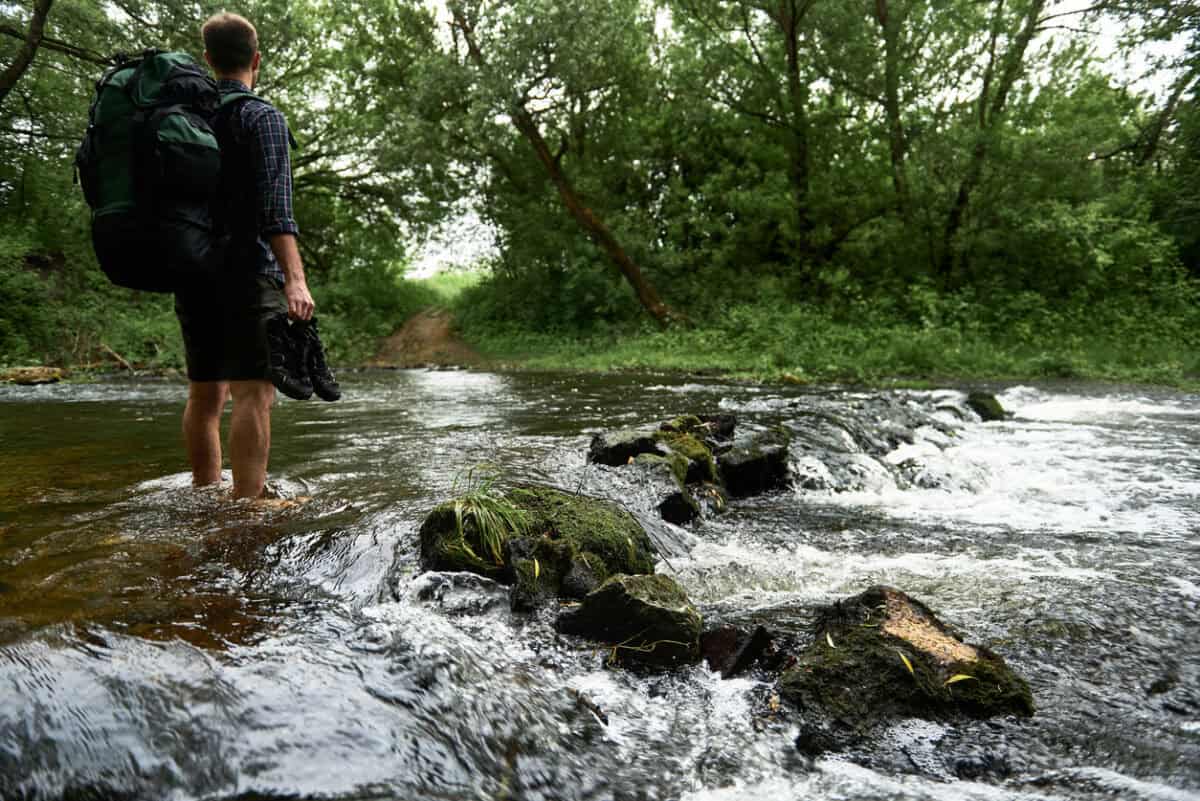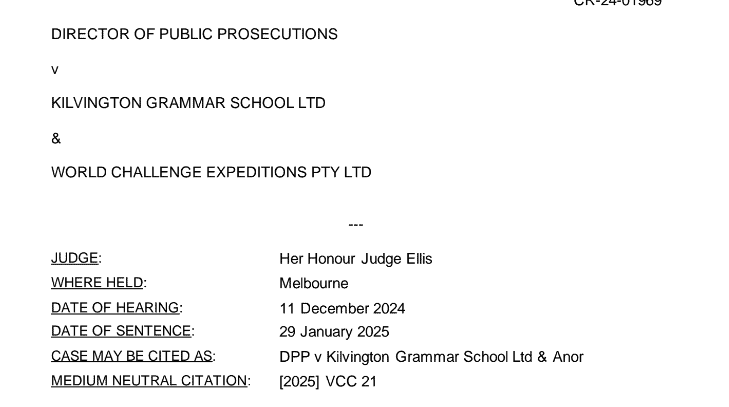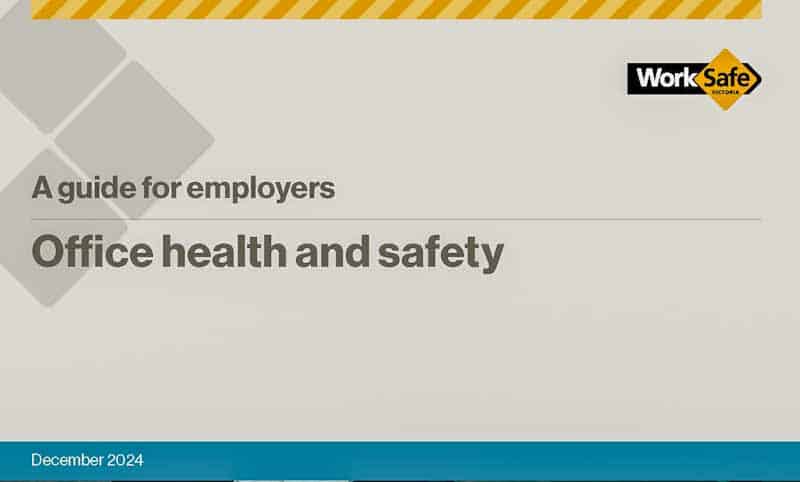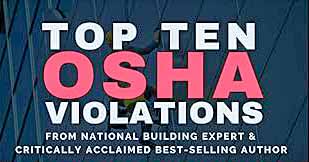The latest annual occupational health and safety (OHS) breakfast seminar by the Australian Institute of Health and Safety tried a different format with mixed success. These seminars have run almost continuously at the offices of Herbert Smith Freehills for a couple of decades, and perhaps a refresh was required, but there was one noticeable absence – Victoria’s OHS regulator, WorkSafe.
Category: health
Another Executive leaves WorkSafe Victoria and new psychological regulations announced
For personal reasons, Joe Calafiore, Chief Executive Officer of WorkSafe Victoria, announced his departure today after less than eighteen months. Narelle Beer departed in mid-2024.
Calafiore said in a staff email that:
“This job is 100% or nothing, and at this stage I am unable to commit the full focus that the role requires.”
WorkSafe Victoria Chair Bob Cameron told staff:
The economics of OHS and the need to think upstream
Michael Belzer and Michael Quinlan have outlined the economics of occupational health and safety (OHS) in the editorial of the latest edition of The Economic and Labour Relations Review. This contrasts with earlier research about the business case for OHS as it broadens the pool of influences more broadly. They write:
“The economic approaches to OHS in the papers in this issue identify externalities and suggest that incomplete market analysis has created an inappropriate permission to ignore uncompensated costs in labour, product, and service markets; these incomplete markets lead to greater social risk as well as inefficiency. More integrated understandings of OHS are challenging but research performed without them leads to narrow and partial understandings.” (page 483)
Shortcomings of the legal perspective on work health and safety
The most common question occupational health and safety (OHS) consultants receive from clients is, “Do I comply with the law?” This request is telling because the client starts from a legal rather than a safety base. This is not surprising, as OHS commentary is dominated by lawyers whose focus is on minimizing their clients’ exposure to prosecution.
Is this another case of minimal deterrence?
In January 2025, Kilvington Grammar was fined over $100,000 for breaches of occupational health and safety (OHS) laws related to the death of one of its students, 16-year-old diabetic Lachlan Cook, who was on an overseas school trip. The best source of publicly available reports on this case appears to be the Australian Broadcasting Corporation. This article does not discuss the incident but focuses on the sentencing decisions and their relevance to OHS.
The most recent guidance on office safety, including psych safety and working from home
In December 2024, WorkSafe Victoria released “Office Health and Safety – A Guide for Employers“. Sadly, it seems to have (half) dumped the Officewise brand. If WorkSafe had kept it, the guide would have been part of an illustrious history stretching to the last century when the first edition was published in 1995. The new guide has some interesting advice on occupational health and safety (OHS) issues related to working from home, but workplace mental health seems more prominent than in earlier editions.
A cheap introduction to regulatory risks
There is a curious set of self-published safety-related books by Lance Luke. They seem to feature on Amazon, so I purchased one to satisfy my curiosity. “Top Ten OSHA Violations” is a thin, low-cost book that is little more than one may see in an occupational health and safety (OHS) convention – snappy, click-bait title, minimal explanation and several case studies. This is not a book regarding any evidence beyond the extensive lived experience of the author. So what are the top 10?
Continue reading “A cheap introduction to regulatory risks”
